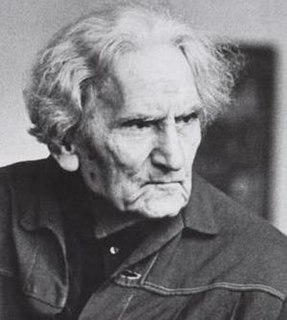A Quote by Tom Hiddleston
I think there's a part of all of us that wonders how we would survive on an island untouched by Man. Even better, an island untouched by Man and inhabited by King Kong.
Related Quotes
It was true what Jim said, this wasn’t the end but the beginning. But the wars would end one day and Jim would come then, to the island they would share. One day surely the wars would end, and Jim would come home, if only to lie broken in MacMurrough’s arms, he would come to his island home. And MacMurrough would have it built for him, brick by brick, washed by the rain and the reckless sea. In the living stream they’d swim a season. For maybe it was true that no man is an island: but he believed that two very well might be.
I have never seen the sea quiet round Treasure Island. The sun might blaze overhead, the air be without a breath, the surface smooth and blue, but still these great rollers would be running along all the external coast, thundering and thundering by day and night; and I scarce believe there is one spot in the island where a man would be out of earshot of their noise.
In order to enter into a real knowledge of your condition, consider it in this image: A man was cast by a tempest upon an unknown island, the inhabitants of which were in trouble to find
their king, who was lost; and having a strong resemblance both in form and face to this king, he was taken for him, and acknowledged in this capacity by all the people.
Not afraid of poverty and drabness and who is untouched by it, untouched by the drunkenness of her friends; (she) who judges, selects, discards people with severity, who knows, when she is telling her endless anecdotes, that they are ways of escape, keeping herself all the more secret behind that profuse talk.
A human being without the proper empathy or feeling is the same as an android built so as to lack it, either by design or mistake. We mean, basically, someone who does not care about the fate which his fellow living creatures fall victim to; he stands detached, a spectator, acting out by his indifference John Donne's theorem that "No man is an island," but giving that theorem a twist: that which is a mental and a moral island is not a man.
Because immigrants have always been particularly prone to repetition - it's something to do with that experience of moving from West to East or East to West or from island to island. Even when you arrive, you're still going back and forth; your children are going round and round. There's no proper term for it - original sin seems too harsh; maybe original trauma would be better.



































